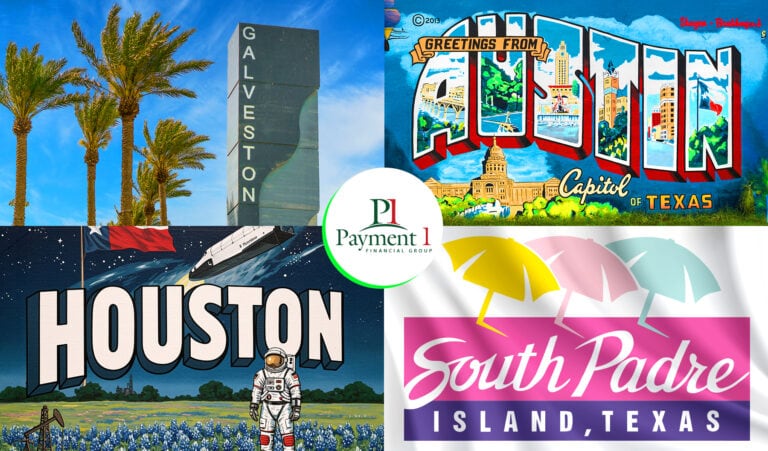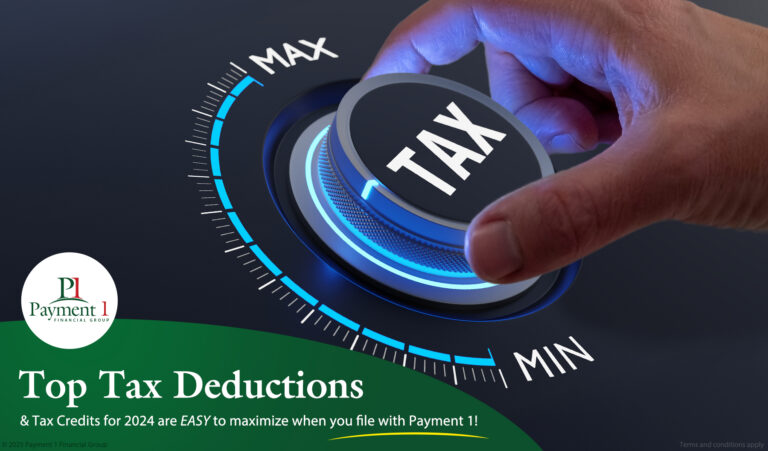How To Avoid Debt: Proactive Steps To Take Now

According to the most recent Experian data, the average American has a debt balance of $96,371. This is up 3.9% from the average $92,727 in 2020, primarily due to rising mortgage and auto loan balances.
Debt is a fact of life. Every milestone of adulthood requires some form of debt, from student loans to mortgages. It’s no wonder that most adults are buried in it, causing significant anxiety. They dread the day their bills would come, fearful of the words “default” and “late fees.”
In today’s world of mounting debts, how can you avoid sinking into this deep dark hole? Here are a few essential things to remember to keep you off debt.
How to Avoid Falling Into A Deep Debt Hole
Avoiding debt entails taking proactive steps to manage your finances well and maintaining those good practices your whole life. Here are simple tips on how to avoid debt.
Live within your means
If you are serious about avoiding debt, then learn to live within your means. Only spend the money you have and can afford to part with. Don’t buy something without a credit card if you can’t afford it. Owning a credit card can give us the illusion that we can buy things we can’t afford, leading us to the next point.
Limit the number of credit cards you use
Stick to just one or two. Having multiple credit cards means more payments to think about and more interest to pay for. And the more charges you accumulate on each card, the farther you get from being on track with your budget and financial goals.
Pay off your credit card balances in full every month
A good practice is to zero out your monthly credit card bills. Let’s say you purchased something using your credit card to earn rewards; make sure to pay off your total balance at the end of the month. Also, avoid using your credit card for cash advances. The APR is higher on them than on regular purchases, and you will likely be charged a fee.
Be frugal
Ask yourself: do you need that overpriced latte? Or that new expensive phone? Do you have to eat out一for the third night this week? Always think twice before swiping that card or digging for cash. Make your cup of coffee, prepare your meals, do your research, and opt for less expensive alternatives.
Have a monthly budget
It is crucial to operate on a budget. It will help you avoid overspending and even help you start on your savings. Having a budget will also force you to track your expenses and bills. Monitor your expenses in a spreadsheet or through an app, and keep everything updated. This way, you can ensure that you make full payments on all of them on time, especially if you have multiple accounts and cards.
Build an emergency fund
If you lose your job or have a serious injury that would keep you from working, you need a fallback. The best practice is to save at least six months’ worth of your monthly salary. Having a fallback emergency fund is one of the best tips on how to avoid debt. Unexpected expenses are one of the chief reasons our debts accumulate and become unmanageable. We reach for our credit cards when our car suddenly breaks down, or a pet needs immediate medical attention. Having money stashed away for emergencies can prevent you from taking in new debt every time a financial crisis arises.
Avoid lifestyle inflation
As your salary increases over the years, make sure your spending does not increase. Many people fall into the habit of spending more just because they have more to spend. Live off the lower salary you had previously, and save the rest for the rainy days.
What To Do If You’re Already Drowning In Debt
Pay at least the minimum, but if at all possible, pay more than that
Credit card debts, especially unpaid ones, are very quick to get larger because of high-interest rates and late fees. Make it a point to pay at least the minimum. If you can afford to pay more, then do so. This will go towards you slowly chipping away at your credit card debt and not just staving off defaulting on it.
Stick to your budget
When making a budget, remember that your basic expenses must come first – food, utilities, shelter, and transportation. You might be tempted to make your debt payments first, but if your basic needs are not prioritized, you might fall deeper into debt.
Increase your income
Consider taking a second job or starting a side hustle to increase your monthly income. Working round the clock is not ideal, but if you are on a quest to become debt-free as soon as possible, it’s a sacrifice worth taking. Whether taking a temp job at your local school or driving an Uber or Lyft, any increase in your income can help you get on the right track.
Start a debt snowball
The snowball method is one of the most popular ways to tackle debt. Get started on your debt snowball by listing down your debts from smallest to largest. Keep paying the minimum payments on all debts except the smallest one. Tackle the smallest debt with everything you have and finish paying it off as soon as possible. When it’s paid off, get to the next largest debt. Keep the snowball rolling until you’re debt-free.
Bottom line
Avoiding debt may be nearly impossible, but there are ways to keep yourself from falling into a deep debt hole. Doing your due diligence in keeping a budget and paying off your balances in full each month are some of the best practices on how to avoid debt holes. On the other hand, know there is hope if you are already in one, but there’s also a lot of work and sacrifices.
Debt consolidation is another way to tackle multiple debts. If you are considering this option, our expert team at Payment1 can give you the necessary information and help you sort through your options. Talk to our expert lending team today!




